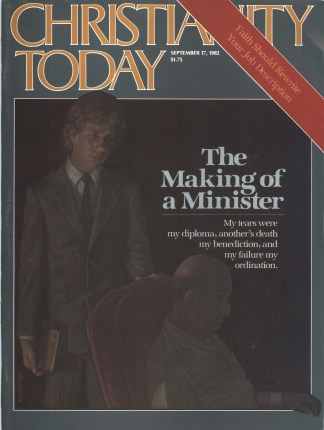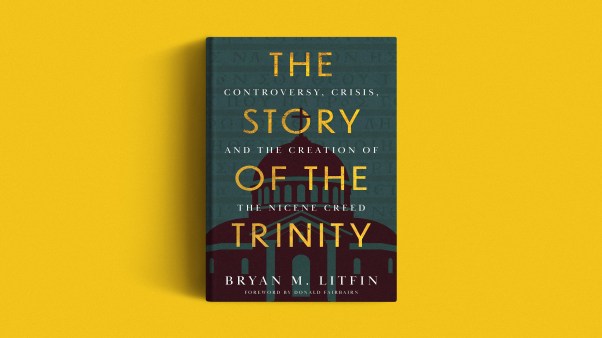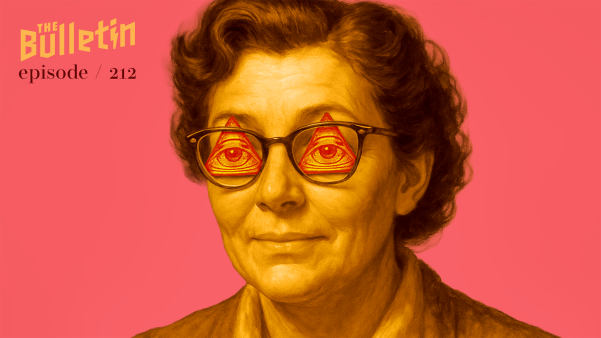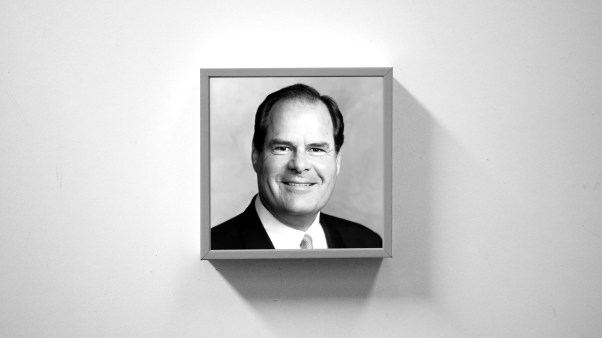In 1594, when london was a Puritan stronghold, the lord mayor pressured other officials to prohibit building a theater south of the city. He called the stage “corrupt and profane … conteining nothing ells but vnchast fables, lascivious divises, shifts of cozenage [trickery and deception], & matters of lyke sort.” The actors specialized in drawing others “into example of imitation & not of avoyding the sayed lewd offenses.” He was chagrined at “how people of all sorts ar withdrawen … from … sermons & other Christian exercise, to the great sclaunder of the ghospell.” Thankfully, he failed. Had he succeeded, Shakespeare’s Globe might never have been built.
Some contemporary evangelical distrust of theater reflects similar concerns. First, we might agree with the lord mayor that frequently the stage portrays “unchaste fables,” particularly in comedy. But this blanket condemnation is unjust. Though some comedy glorifies the sexual escapades of characters attractive only for their ability to deceive, comedy’s traditional mythic theme has more truly been “accommodation,” how to live in the world, rather than sex.
Serious plays are not usually vulnerable on the ground of “immorality.” The tragic play actually upholds moral values, which some characters reject, destroying themselves and, often, their societies. Evil is punished, if not immediately, ultimately. Even modern humanist or absurdist plays reveal a longing for transcendence in their despairing conclusions. God’s absence from man’s life results in visions of the world that are spiritually unsatisfying, empty.
Second, actors themselves have been attacked for centuries, occasionally to the extent of automatic exclusion from the church. The lord mayor called actors “maisterless men,” vagrants, outside conventional society. Our opinion is often remarkably similar. Acting demands personality traits likely to trouble most American Christians. Actors must assume the characters of other individuals, developing a repertoire of details recognizably those of persons in the play, fleshing out certain speeches and revealing the hidden motives of characters, making us believe in those motives. Not to put it too strongly, actors must be both superb detectives (to discover these things at all) and convincing liars.
Now, contemporary American Christians may envy actors their skills and renown, and simultaneously distrust the lying and hypocrisy—other names for such posing—that they engage in on stage. There, “lies like truth” are the substance of art; in life, contemptible and disgraceful. Similarly, we find it difficult to accept the skills of an actor’s training. The sensitivity exercises, physical stretching, posing, dancing, speaking that constitute an actor’s training we frequently misinterpret as affectation, self-indulgence. Nothing could be more unjust: an actor’s self-discovery physically, vocally, even intellectually, is utterly necessary. True, actors may be tempted to indulge their professional liberty and make it license for self-display, but every Christian in every profession is so tempted.
A third objection links the content of plays and the character of those performing them. The lord mayor charged that actors drew an unwary audience into imitating the immoral acts presented. That all the arts of fiction powerfully influence people is a common accusation, deserving a cautious answer. It is not an idle charge, especially in the lord mayor’s time, when the stage was the one imaginative enterprise accessible to all social classes. It did and does have power, and some of it conceivably is power to harm.
In our time, however, fiction, television, and film are, by their very nature, more influential than the stage, attracting and enforcing a greater degree of imaginative involvement. No one I know ever forgets that he or she is watching a play, and no one forgets the surrounding audience. But both frequently happen with television or film. Levels of imaginative participation are much higher in both television and film, not to mention the novel, in part because of the richness and complexity of technical effects available to their creators. A film or television producer can fragment reality, superimpose multiple images, overdub sounds—in fact, do visually what the novel attempts to do verbally in stream of consciousness. The “realities” created by such effects attract an audience compellingly.
By its very poverty of effects theater seems less able to persuade. Of course, this is not the whole truth. Whenever an actor appears live before an audience, he or she generates an effect no other medium can produce. Before us is an actual human being, symbolically reflecting our hopes or fears. And this person may succeed or fail, may break before us. Such an experience of immediacy generates great empathy for the performer and gives him or her great influence over the audience.
This particular criticism of live theater, then, is at least weakened as we consider other available forms of communication, and the fact that we are sensitive to and mistrustful of these media as seldom in the past. The stage’s ability to convince us is less than that of other such media—yet we must recognize and value its effectiveness in reaching into the deepest needs and longings of an audience.
But there are some answers to traditional objections to the stage; a concealed but omnipresent modern assumption in many evangelical minds is more resistant. C.S. Lewis, J.R.R. Tolkien, and Calvin Seerveld all seem to represent Christians who prefer novels or “permanent artifacts” over live plays. As Christians, our “word centeredness” encourages our desire for a stable, unchanging text allowing repeated examination. We like novels, which we can reread or rethink. We want to “participate” in them imaginatively, fashioning characters and scenes as we choose. The stage allows neither privilege. Calvin Seerveld recently revealed a longing for this stability as a criterion of value that many evangelical Christians probably share. He upheld those arts that produce “objects as unique valuables”—paintings or sculpture, for instance. Now, if what is permanent and unchanging excels what is transcient and variable, live performances must always be unworthy of serious concern. What else is a play, if not the brief interaction of audience, actors, and text? The text was not designed to stand alone, unperformed. “Permanence,” then, cannot be a criterion in the same way for a play as for a painting. Yet a play can have “permanent” value, in treating man’s universal longings, conflicts, and timeless search for meaning.
What practical application does all this have for us as Christians? Though some evangelicals hold a differing view, I see four things.
First, our response to live theater should be more cautiously positive. Live theater may indeed reveal Christ and man’s need for him.
Second, we should work at perceiving the mythic truth and intention of plays—the whole play, not just scenes.
Third, as Christians who love things “true, honest, just, pure, lovely, and of good report,” we need to apply appropriate standards of judgment to the stage.
Fourth, we who are Christian writers and performers must realize our responsibility to go beyond “traditional” representations of the gospel, often simply dramatized Scripture texts. These are valuable, but chiefly for Christians, not non-Christians. The bias of the non-Christian world is toward the modern realistic play, with recognizable characters—yet which may symbolically and subtly reveal Christ.
The theater’s place in society is not what it was in 1594, and many view past objections as unfounded. Though some evangelicals ignore the theater, or turn to it only when its subjects are explicitly and directly Christian, they may lose an opportunity to grow. Others today believe that hostile position will not allow Christian wholeness, depth, and maturity to come ultimately to the stage. In fact, we cannot use it maturely for communicating the gospel as long as we do not understand it as a vehicle for the gospel. I believe that in such a case not only we, but all non-Christians who love the theater, are losers.
Dr. Sherry is assistant professor of English at Asbury College in Wilmore, Kentucky.










